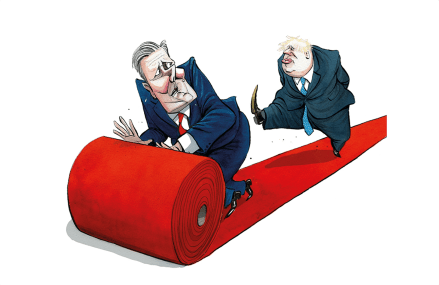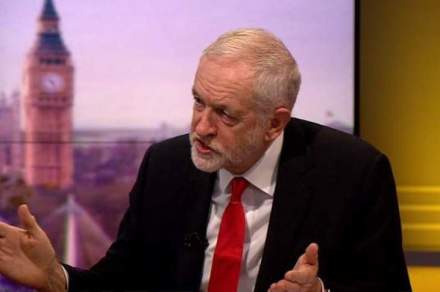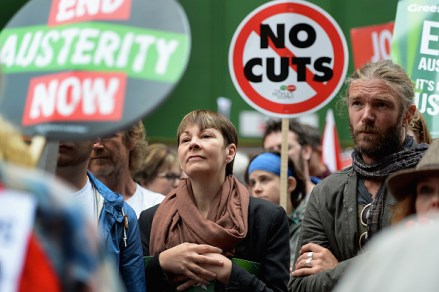The Greens are coming for the Tories
So far, Keir Starmer has been unmoved by complaints from left-wingers that his policies differ little from those of Boris Johnson’s at the last election. After all, if left-wing voters don’t like his low-key approach, where else would they go? The problem in British politics – as David Cameron found out – is that disgruntled voters do find somewhere else to go. In Cameron’s case, it was to Nigel Farage; in Starmer’s case, it may be to the Greens. Once dismissed as idealistic hippies, the Greens now serve in seven governments across Europe, including Germany, Belgium and Scotland. Even under the UK’s majoritarian system, they’re doing well with 800 council





















